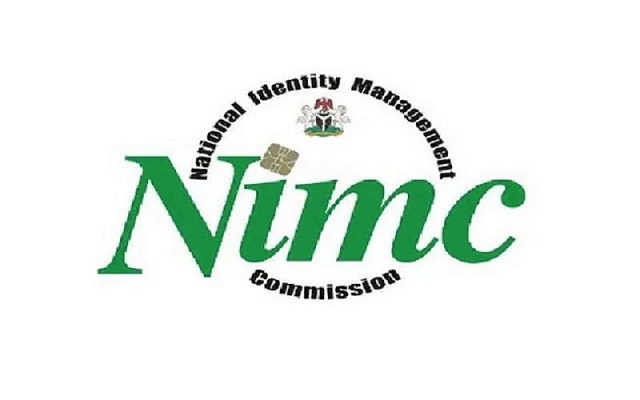The National Identity Management Commission (NIMC) has pledged to make Nigeria’s identity services faster, more accessible, and more citizen-friendly through the launch of its new Service Charter, which sets a target to improve service delivery by 30 per cent within the next year.
Speaking at the launch in Abuja on Tuesday, the Director-General of NIMC, Dr. Abisoye Coker-Odusote, represented by the Director of the Inspectorate and Enforcement Unit, Mr Elias Okafor, said the charter reflects the commission’s determination to enhance efficiency and accessibility across the country’s identity management system.
“The charter is anchored on four key principles, which include efficiency with a target to reduce average waiting times for enrolment and card issuance by at least 30 per cent within the next 12 months,” she said, adding that NIMC is committed to enhancing user experience and streamlining processes nationwide.
Progress Made, More Work Ahead
Coker-Odusote noted that in the last two years, NIMC has recorded significant gains, including a 49 per cent increase in National Identification Number (NIN) enrolment, the deployment of over 6,000 functional enrolment centres nationwide, even in remote rural communities, and the reduction of enrolment-to-NIN issuance time through digital process optimisation.
“In the last two years alone, we have increased NIN enrolment by 49 per cent, deployed over 6,000 functional enrolment centres nationwide, including in hard-to-reach rural communities, reduced the average enrolment-to-NIN issuance time through digital process optimisation, and expanded real-time integration with over 40 partner agencies, including banks, telecom operators, immigration services, and pension administrators. Yet, we recognise that despite these significant strides, service delivery must become faster, more citizen-friendly, and more consistent across all locations,” she said.
Accountability and Citizen Engagement
The Service Charter also introduces quarterly performance scorecards to track enrolment figures, processing timelines, and service centre efficiency. Annual customer service and ethics training will be provided for staff to maintain professionalism.
To improve accountability, NIMC will set up a toll-free hotline, a Service Feedback Portal, and in-centre kiosks to address complaints within 10 working days, allowing Nigerians to hold the commission to its service commitments.
Coker-Odusote stressed that the initiative aligns with the Federal Government’s Renewed Hope Agenda and the National Digital Economy Policy, calling for collaboration from both citizens and private sector partners. “We must work together to improve infrastructure, fund innovations, and ensure that services reflect the Nigeria that we aspire to build,” she said.
SERVICOM’s Role
Also at the event, the Acting National Coordinator, Mr Anthony Oshin, represented by the Head of Operations at SERVICOM, Mrs Ngozi Akinbodewa, commended the launch, noting that the charter was developed over three years as a vital guide for NIMC staff in delivering efficient services.
He stressed the need for continuous monitoring to ensure that the standards outlined in the charter translate into tangible improvements for citizens.

